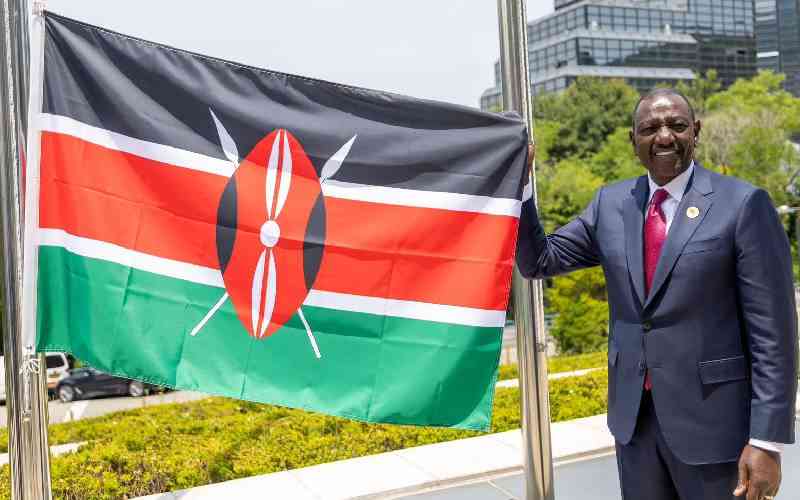×
The Standard e-Paper
Smart Minds Choose Us

Kenya has formally joined the International Vaccine Institute (IVI) as a member state.
Kenya's accession to the IVI strengthens the nation's resolve to achieve self-reliance in vaccine production, President William Ruto said at the ceremony held to mark the country's ratification of the IVI treaty at the agency's headquarters in Seoul, South Korea, on Wednesday.